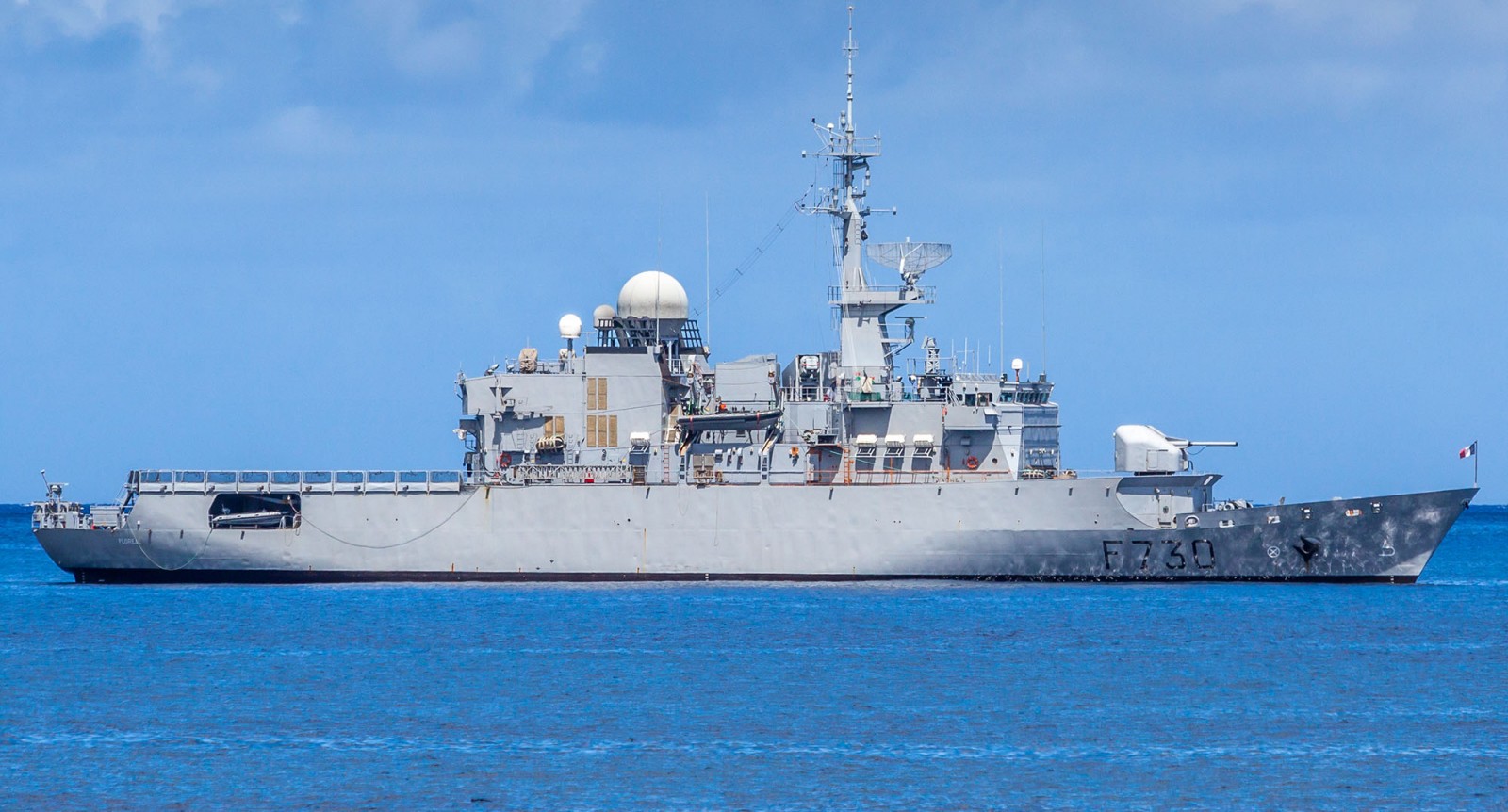Editorial
The relationship between France and the United Kingdom is one of the oldest and most formative in the history of the European continent. For centuries the two countries were in competition and confrontation, fighting each other on both land and sea. It was not until the nineteenth century that the mutual respect and admiration held by Louis-Philippe and Queen Victoria for each other’s countries permitted a rapprochement that over time became institutionalised, strengthened further through shared conflict on the battlefields of the twentieth century. And of course it was from London and with the support of Winston Churchill that General de Gaulle saved the honour of France.
In the aftermath of the Second World War the United Kingdom’s strategic decision to favour rapprochement with the United States did not harm relations between the armed forces on each side of the Channel, who continued to conduct joint and combined operations. Thus mutual respect was born between military personnel of the two countries.
Since the end of the Cold War, the two powers have witnessed a decline in their defence efforts and have often been forced to make choices regarding capabilities. The Lancaster House Treaties showed the will of both France and the United Kingdom to move out of a difficult economic situation by seeking to achieve better sharing of their defence effort. The main issues resulting from the Treaties were common capability programmes and projects, together with development of true interoperability of forces so that savings might be achieved whilst guaranteeing a high level of operational commitment.
A decade later it is clear that our strategic environment has evolved considerably: we have seen the return of powerful states and a changed force balance with Russia and its destabilising activities; also China and its openly-stated imperialist claims and even Turkey, pursuing a neo-Ottoman project. With us too is the American isolationism, strongly asserted by the Trump Administration, which has brought harm to NATO and to the special relationship between London and Washington. To that must be added the profound destabilisation of the Sahel, which since 2013 has compelled France to intervene and strive to normalise an uncertain security situation in a complex regional context. Then, on top of this tense geopolitical panorama, we have Brexit and the political will of the United Kingdom to leave the European institutions whilst continuing to be a player in the defence of Europe: how could it be otherwise?
On this tenth anniversary of the Lancaster House Treaties, we have sought to take stock of the genuine, tangible advances that have been made in this defence relationship, with the support of French and British players who live and work with it every day. Through the successes worthy of consolidation, yet also the doubts and ambiguities, they offer us their view. The fact remains that London and Paris have a broadly shared strategic culture and a heavy responsibility on the international scene as nuclear powers and permanent members of the UN Security Council, which de facto oblige them to act. Furthermore, their forces are essential in all operations conducted by European countries, whether in the framework of the European Union, NATO or coalitions of circumstance.







